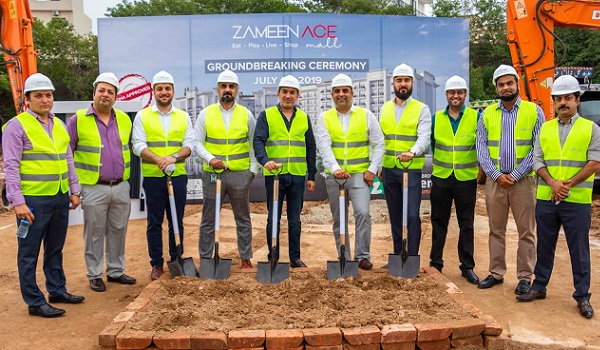Peshawar: The Peshawar High Court (PHC) has invalidated Section 7E of the Income Tax Ordinance, 2001, due to its imposition of taxes on immovable property through a deeming clause, as reported by a news source on February 15.
Read: Bannu Economic Zone formally launched in Peshawar, KP CM marks his presence
The details state that this decision stemmed from petitions filed by many officials, challenging the legislation on grounds of parliamentary incompetence, discrimination, and confiscation.
Following are the summarised points that took place during the decision-making:
- PHC ruled that Parliament lacks jurisdiction to impose income tax on immovable property, as clarified under Entry No. 50 of the Fourth Schedule to the Constitution.
- While Parliament can tax the Capital Value of Assets, the impugned legislation failed to meet the criteria, as it targeted immovable property alone through a deeming clause.
- The legislation aimed to tax unrealized income based on fair market value, as Section 68 of the Ordinance defines. However, this approach contradicted legal precedents and was beyond Parliament’s competence.
- The judgment referenced decisions by the apex court and the Indian Supreme Court, highlighting that taxing unrealised income of immovable property through a deeming clause is impermissible.
- PHC disagreed with the Sindh High Court and the Lahore High Court’s reasoning, asserting that the impugned legislation cannot be upheld or read down by judicial intervention, as it falls within legislative authority.
- Latif Hakeem and others contested the insertion of Section 7E, which mandated the taxation of fair market value of capital assets, arguing it to be unjust and beyond the legislative mandate.








